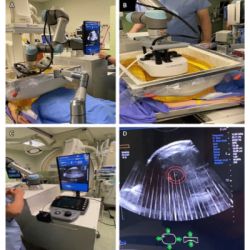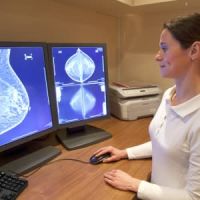The approval of a repurposed NHS drug opens the possibility of avoiding thousands of breast cancer cases in England.
Anastrozole, which has been used for many years as a breast cancer treatment, has recently been licensed for prevention by the country’s regulator, the Medicines and Healthcare Regulatory Agency.
It is anticipated that this drug could prevent approximately 2,000 cases of breast cancer in England. Trials have demonstrated its ability to reduce the incidence of disease in post-menopausal women at an elevated risk by almost 50%, resulting in potential savings of £15 million in NHS treatment costs.
The drug's potential as a preventive option has been acknowledged for several years, with England's medicines cost-effectiveness body recommending it for this purpose as early as 2017. However, due to its unlicensed status for this specific use, the adoption of the treatment has remained limited.
NHS chief executive, Amanda Pritchard, said: “It’s fantastic that this vital risk-reducing option could now help thousands of women and their families avoid the distress of a breast cancer diagnosis”.
This marks the first instance of a drug being repurposed through a world-edge programme designed to unleash the full potential of existing drugs for the country. Initiatives like these aim to expand access to the drug, enabling more eligible women reduce their chance of developing the disease and living without the fear of breast cancer.
This innovative programme is vital for supporting and advancing research into medicines with the potential to be repurposed. It presents an opportunity to increase access to life-saving medications and generate tangible, measurable outcomes for patients.
Source: NHS



























